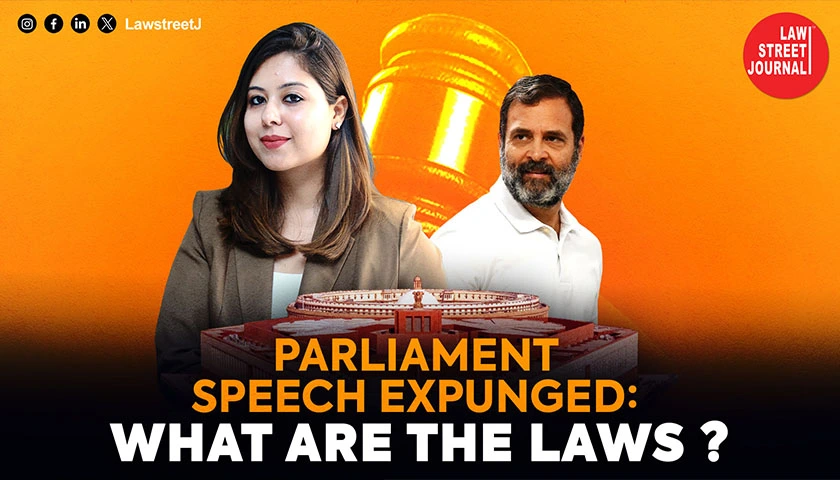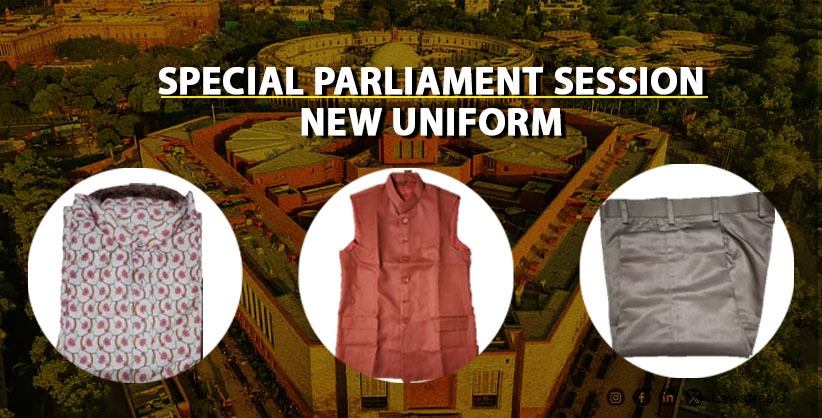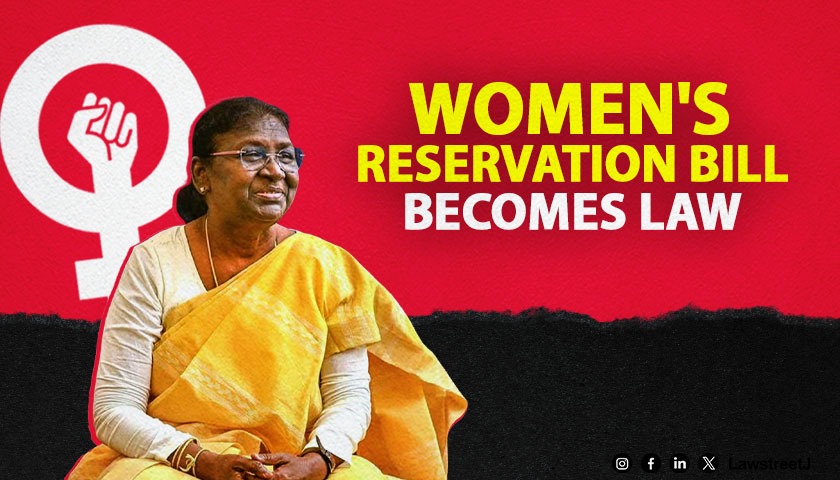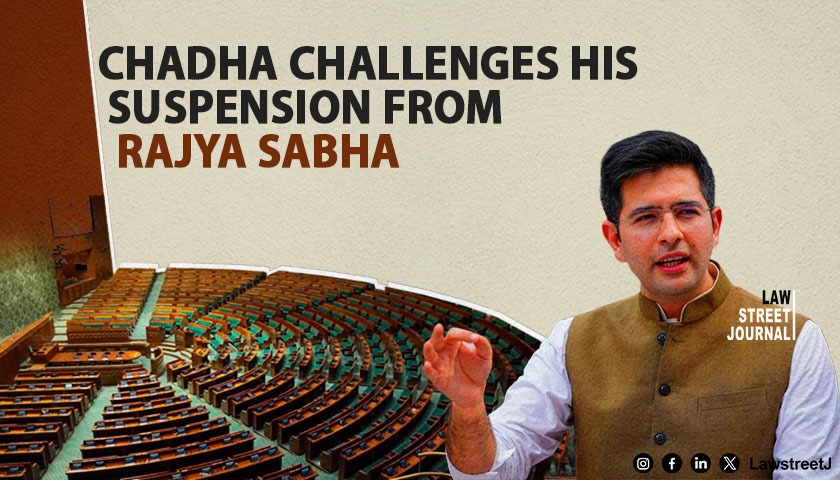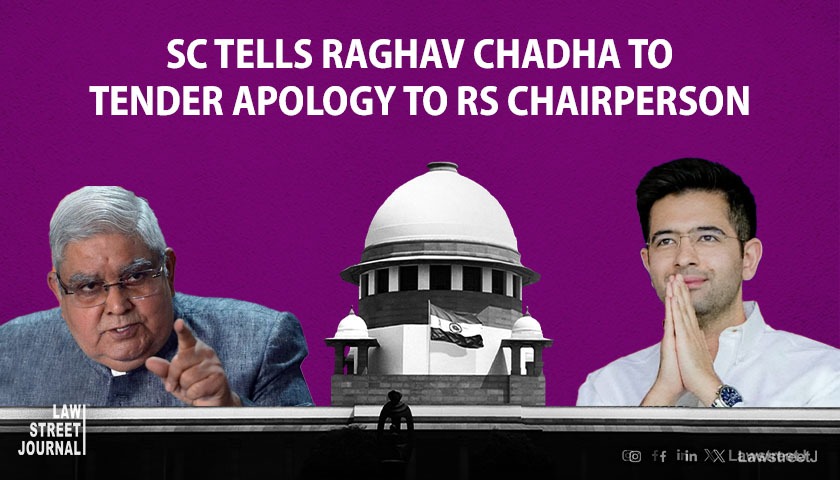New Delhi: Amidst fervent parliamentary debates, Congress MP Rahul Gandhi's recent address as Leader of the Opposition has ignited controversy, resulting in the expunction of several of his statements from official records. His speech, which took aim at the BJP and Prime Minister Narendra Modi, alleging communal discord and constitutional erosion, faced objections from ruling party members, prompting a removal process.
The decision to expunge parts of a speech lies with the Presiding Officer of the House, guided by parliamentary rules and the need to maintain decorum. Under Article 105(2) of the Indian Constitution, MPs enjoy immunity from legal proceedings for statements made within Parliament. However, this privilege is tempered by parliamentary rules and the authority of the Speaker to maintain order.
Also Watch: Parliament Speech Expunged: What are the Laws | Lok Sabha 2024 | Rahul Gandhi
Rule 380 of the Rules of Procedure and Conduct of Business in Lok Sabha empowers the Speaker to expunge words or expressions deemed defamatory, indecent, unparliamentary, or undignified. This decision is typically based on recommendations from the House's reporting section, considering the context in which the statement was made. The objective is to remove the minimum necessary to uphold parliamentary standards while preserving the integrity of the record.
Expunged portions of speeches are removed from official records and are not reportable by media outlets, although they may have been broadcasted live. However, challenges arise with the advent of social media, complicating the enforcement of expunction orders.
MPs' immunity within the House ensures they can speak freely during debates without fear of legal repercussions. This freedom is essential for robust parliamentary discourse but requires adherence to parliamentary rules and the discretion of the Presiding Officer.
In the case of Rahul Gandhi's speech, statements such as criticisms of PM Modi's policies and minority treatment were among those expunged. Despite controversies, parliamentary procedures continue to evolve to uphold democratic principles and ensure accountability.

